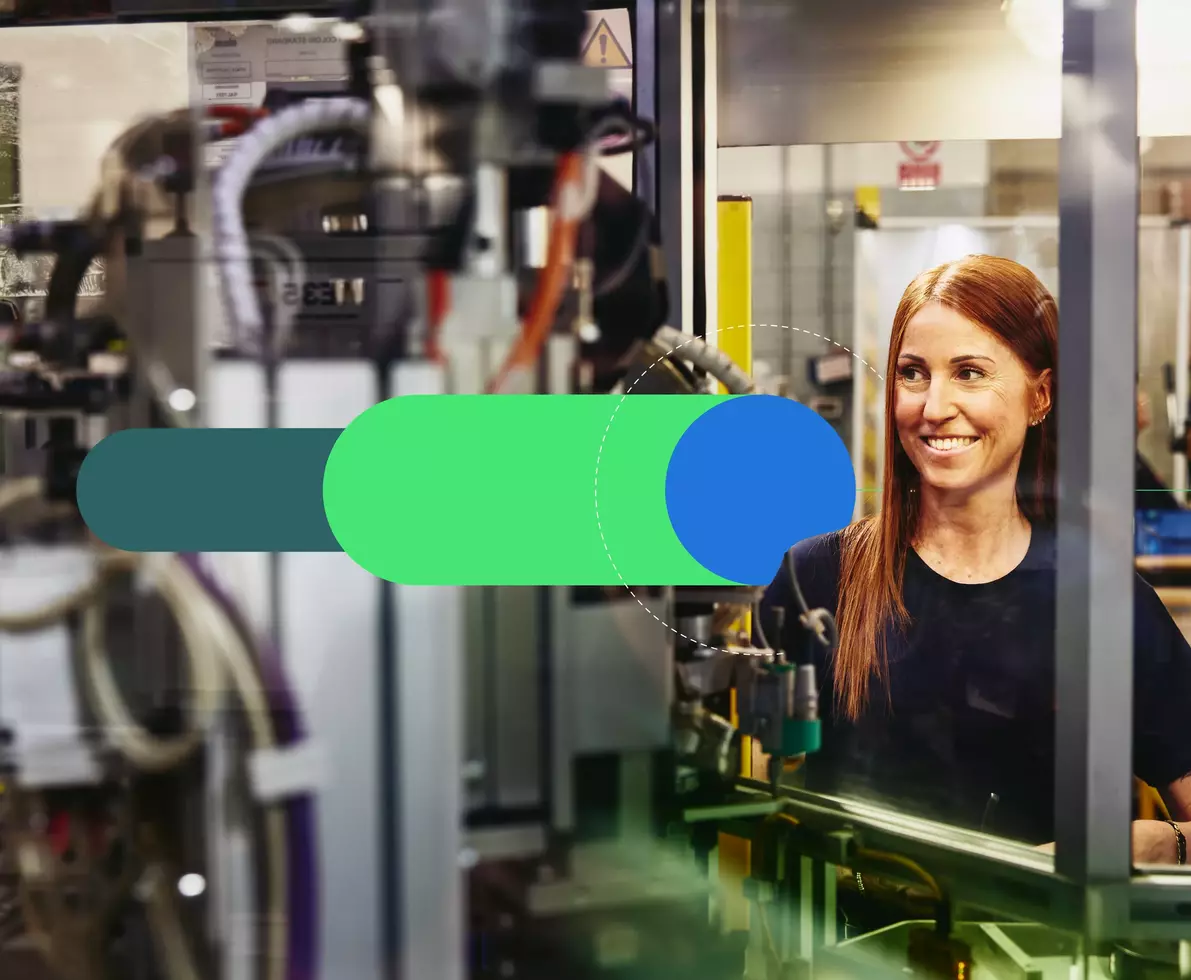what is skilled trades?
Do you believe a strong work ethic builds character? Do you think an honest, hard day’s work is something to be proud of? Do you take pride in being a part of an industry that builds communities? Industrial support might be the field for you.
Industrial support makes up the majority of Randstad Canada's workforce. At any given time, we have several thousand roles available in this sector. If you're looking for work in industrial support or general labour, we can help.
-
what are skilled trades?
Skilled trades refer to a broad category of occupations that require specialized knowledge, training, and expertise in a particular craft or technical skill. These jobs typically involve manual work and are often hands-on in nature. Skilled trades are essential for various industries, including construction, manufacturing, automotive, and service sectors.
Skilled trades can encompass a diverse range of occupations, such as electricians, plumbers, carpenters, welders, machinists, HVAC technicians, automotive technicians, and many more. These trades require individuals to possess specific skills, techniques, and practical knowledge to perform their job effectively.
What sets skilled trades apart is the emphasis on practical skills and experience gained through apprenticeships, vocational training programs, or on-the-job training. These trades often require individuals to have a strong understanding of tools, equipment, materials, safety protocols, and industry regulations.
Skilled trades can offer rewarding career paths with opportunities for advancement, entrepreneurship, and job stability. They play a crucial role in society by building and maintaining infrastructure, manufacturing goods, providing essential services, and contributing to economic growth.
-
how much do skilled trades professionals make?
Most skilled tradespeople make an hourly rate. Skilled tradespeople such as welders, millwrights, electricians, and mechanics typically make between $20 to $40 an hour depending on their area of specialty and level of experience.
Supervisory or management jobs have higher compensation. Starting rates for leaders such as plant managers and warehouse managers start at $25/hr but can climb as high as $60/hr for experienced management. -
what are the day to day skilled trades tasks?
Your tasks will vary depending on your area of specialty, however, some common tasks in skilled trade jobs include:
- operating machines or equipment related to your area of specialty
- interpreting blueprints or schematics
- installing various systems
- following safety and building regulations
- maintaining various types of equipment
- training or supervising apprentice workers
- managing or directing a team
-
where you can work as a skilled trades professionals?
Most skilled trade workers are employed in manufacturing or construction. Energy companies are the largest employer of skilled trade workers in Canada. Whether you’re a skilled tradesman looking to advance your skills in a challenging environment, or an experienced manager who is passionate about leading an industrial team through exciting projects, there are plenty of exciting opportunities across the country.
-
what do you need to get into skilled trades?
Working as a skilled tradesperson requires dedication and a love for hands-on work. A positive attitude and strong work ethic will prove invaluable. You often work in noisy, dusty environments where the climate is unpredictable. If you work in construction, seasonal weather is also an issue. It isn't for the faint of heart!
You're a hard worker who excels at taking direction and working on a team. You're vigilant, detail-oriented and always ensure your training is up-to-date. If your job requires manual labour, you are physically fit and healthy.
-
how to learn trade skills?
Depending on the skilled trade you specialize in, there are a variety of certifications available. For instance, welders, millwrights, electricians, mechanics, and machinists can obtain certifications in most provinces. For many skilled trade jobs, you will need to complete a course, apprenticeship or certification to prove your merit, however, there are some employers who believe these skills can be taught, if prospective employees have a strong work ethic.
-
how to get skilled trade certificate?
To obtain a skilled trade certificate in Canada, you generally need to follow these steps:
- Identify the Trade: Determine which skilled trade you are interested in pursuing. Canada has a designated list of Red Seal Trades, which are recognized nationally. Research the specific requirements and qualifications for the trade you wish to pursue.
- Research Apprenticeship Programs: Many skilled trades in Canada require completion of an apprenticeship program. Look for accredited apprenticeship programs offered by colleges, technical institutes, or industry organizations. These programs combine on-the-job training with classroom instruction.
- Find an Employer: Secure an employer who is willing to hire you as an apprentice. Approach companies in your desired trade and inquire about apprenticeship opportunities. Networking, job boards, and trade organizations can help you connect with potential employers.
- Register as an Apprentice: Once you have secured an employer, you need to register as an apprentice with the appropriate provincial or territorial apprenticeship authority. Each province in Canada has its own apprenticeship system. Contact the relevant authority and complete the registration process.
- Complete the Apprenticeship Program: During the apprenticeship, you will work under the supervision of a skilled tradesperson, gaining practical experience in your chosen trade. You will also attend classes to learn theoretical knowledge related to your trade. The duration of the apprenticeship varies depending on the trade.
- Write and Pass Examinations: As part of the apprenticeship program, you will need to write and pass examinations, both practical and theoretical, to demonstrate your competence in the trade. These exams may be conducted by the apprenticeship authority or a designated regulatory body.
- Obtain Journeyman Certification: Once you have successfully completed your apprenticeship, passed all required exams, and met the necessary work experience criteria, you can apply for journeyman certification. This certification acknowledges that you have achieved a high level of competence in your trade.
- Red Seal Certification (Optional): If your trade is a Red Seal Trade, you may have the option to apply for a Red Seal endorsement. This certification is recognized across Canada and allows you to practice your trade in any province or territory without needing to undergo further assessments.
It's important to note that specific requirements and processes can vary between provinces and territories in Canada. It's advisable to contact the appropriate apprenticeship authority in your province for detailed information and guidance on obtaining a skilled trade certificate.
learn more about job roles in skilled trades
ready to take the next step?
From resume building and interview preparation to career advancement strategies, our expert advice is tailored to help you succeed. Start exploring and equip yourself with the tools and knowledge to land your ideal operational role!












